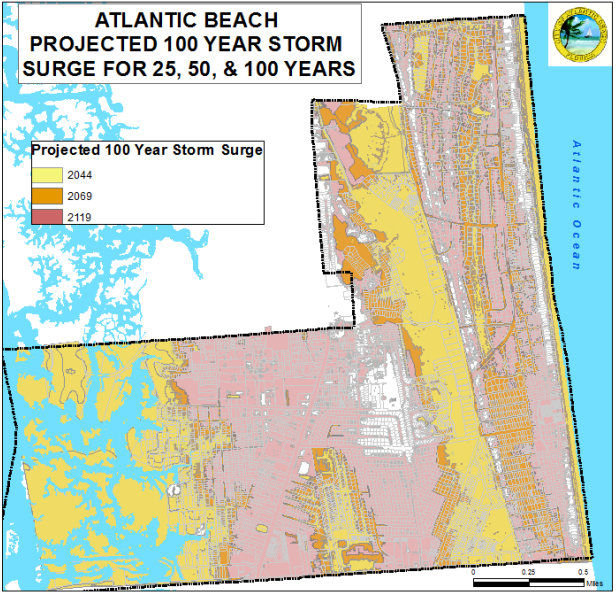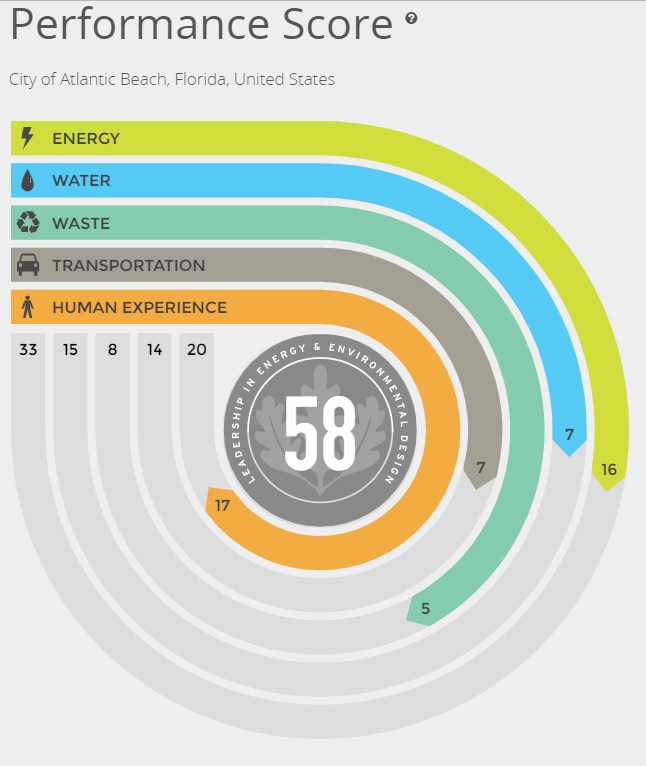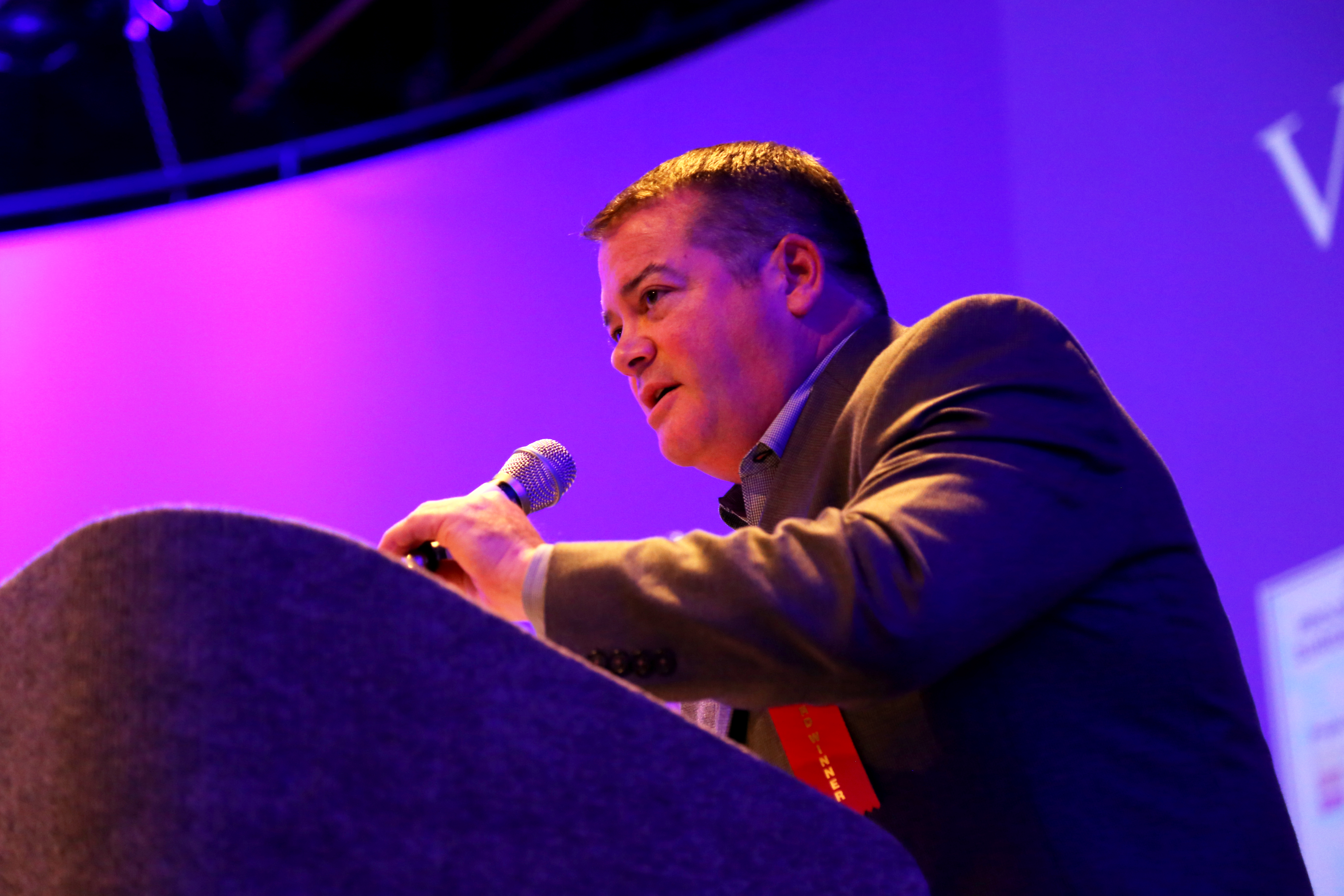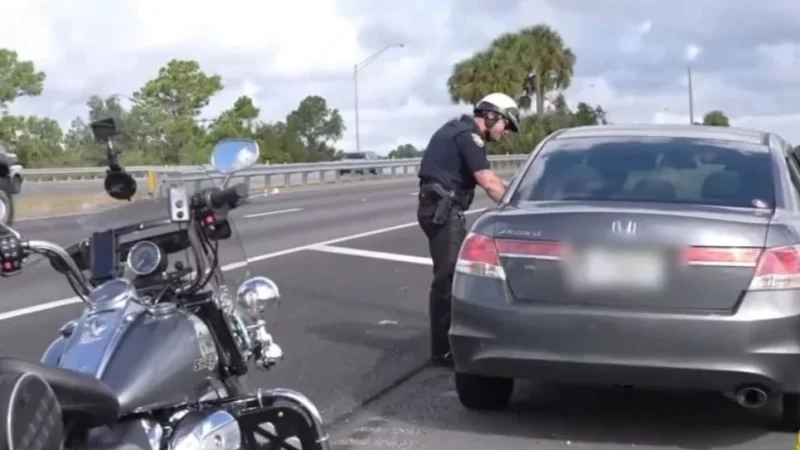Shane Corbin is the City Manager of Atlantic Beach
What in your background prepared you to work in Atlantic Beach?
I was born in Panama City, but I consider Louisville, Kentucky, my hometown. I began my planning career as a land use planner 15 or 20 years ago in Hardin County, Kentucky.
From there, I moved to Louisville and was an environmental planner. I worked on anything that was environmentally related — including land use — but also transportation, air quality and aquatics, which ultimately was tied into climate change. I got immersed in the chemistry of climate change and the science behind it: the potential impacts from changes in climate and how that could disrupt ecosystems and break them down.
Atlantic Beach recently conducted a vulnerability assessment. How did the city determine what was at risk?
We did analysis for sunny-day flooding, which is basically a bathtub model. If you pour additional water into the bathtub, it rises. We’ll have some, I believe, in the Aquatic Gardens neighborhood and then some along Sherman Creek, which runs right through City Hall. We modeled sunny-day flooding for 25, 50 and 100 years out.

Source: Coastal Vulnerability Assessment, City of Atlantic Beach
We also did storm surge modeling, with scenarios looking at where additional water would go, and then we did a spatial analysis looking at property values and infrastructure, such as lift stations for our utilities, locations of schools, police stations, City Hall, evacuation routes.

Source: Coastal Vulnerability Assessment, City of Atlantic Beach
We tallied some numbers of potential property damage in dollars based on property and structure values. Now that we’ve got all that data, we’ve applied for our second grant from the state to do an adaptation plan.

Source: Coastal Vulnerability Assessment, City of Atlantic Beach
We’ll have a series of public input sessions where we’ll talk about all these impacts and then we’ll start to formulate some long-range solutions or adaptation strategies, figure out how much it’s going to cost, and see what the public’s appetite for spending on certain projects is.

Source: Coastal Vulnerability Assessment, City of Atlantic Beach
The city has been pursuing Leadership in Energy and Environmental Design, or LEED certification. What does that mean?
LEED looks at not only greenhouse gases, but also holistically at a community’s energy, water, waste, transportation and the human experience. You’re given a composite score on those topics.
In order to get there, we had to do a lot of data mining: Census, crime, transportation and our residents’ utility bills. We started out with a score of 58, which we think is fairly decent. We’ve got some work to do, but that put us in the Silver category.

Atlantic Beach had to submit a road map to show continued progress in its LEED score and certification level. What is the plan and what’s already been accomplished?
There were a lot of strategies that other cities had done that we didn’t think were practical, like having a zero waste stream by 2035.
We did quite a bit of research on banning Styrofoam and single-use plastic, but that sounds like that’s probably a nonstarter because state law preempts us from doing anything. We are about to sign a resolution and send that to the state saying, “We don’t think you should take that away from home rule. You should allow us to decide.”
We’re working on a plant palette for native landscaping. We’re looking at incorporating sustainability into neighborhood planning with green infrastructure, as well as some innovative zoning and land use.
We’re also looking at piloting composting programs at City Hall and some parks.
“We’re trying to see if we can implement strategies that not only reduce our environmental footprint but save us money.”
– Shane Corbin, City Manager, Atlantic Beach
For a city with 14,500 people and a budget of about $40 million, is this a pretty big commitment?
Depends on whom you ask.
There are some folks who don’t believe any of the debate on environmental issues. Any initiative that a city does, they’re going to try to discredit.
But I wouldn’t say that any of our efforts have consumed an exorbitant amount of staff, volunteer or committee time. We’re trying to see if we can implement strategies that not only reduce our environmental footprint but save us money. Such as, does it make sense to retrofit City Hall with solar?
For the LEED certification process, we spent around $15,000. There are people who will argue that that was not money well spent. There will be a lot of other people who say that it was. As staff, we don’t get into that debate. We follow the charges we’re given by elected officials, and we let them argue about that.

What stuck out to you from all this data the city has collected?
Our human experience score is extremely high: 17 out of 20. Atlantic Beach is a pretty nice community. Our crime level is extremely low.
Our waste numbers are pretty good. We scored 6 out of 8, so a little bit of work to do there.
But our energy use score is 16 out of 33. So that’s probably where we could make the most improvement.

How do you prompt people to make changes to raise the energy score?
That’s probably the trickiest to improve. How do you convince people to ride their bike to the grocery store instead of driving? To retrofit their homes, spend a little bit of extra money on solar, and retrofit for higher-efficiency appliances? Convincing people to recycle more is a little bit easier.
We’re looking at the PACE program, which provides a financing mechanism for solar to residents within certain boundaries. The hope is that we’ll be able to offer that as an option to folks — not that we would mandate it and say everyone has to put solar on their house.
But we are in a unique position where we’re having a lot of rebuilds and remodels in Atlantic Beach, and we could potentially spread solar throughout the community.
For more information and documentation on the City of Atlantic Beach Coastal Vulnerability, Resiliency, and Adaptation click here.
This Q&A has been edited and condensed for clarity and brevity.








